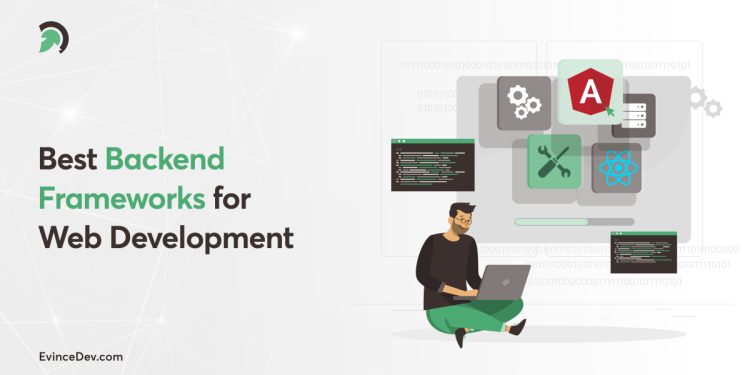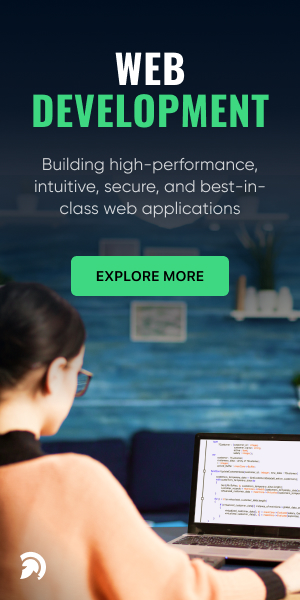In the development of websites, backend frameworks are crucial. Without these frameworks, creating and delivering web applications would require a tremendous amount of resources and time, significantly increasing the complexity of the development process.
Backend frameworks give developers the tools and support they need to perform repetitive tasks, such as server management, database management, and routing, among many others.
Developers may entirely concentrate on the web application’s business logic by passing these tasks to the framework, which will speed up the web applications development process and provide a high-quality result.
While assessing the popularity of backend frameworks, it’s evident that specific frameworks boast a significantly more extensive and enthusiastic user base than others. Let’s delve into the statistics of some backend frameworks that are more popular than others.
- With over 1 billion downloads, Node.js is still one of the most popular backend frameworks among web developers.
- The three backend frameworks that received the most user votes as of January 2023 were Laravel, with 71,903 repository stars; Django, with 67,941, and Spring with 64,405.
- A large number of developers (47.12%) use Node.js, followed by React.js (42.62%) & jQuery (28.57%).
This article will discuss the top 10 backend frameworks that will be used to design, develop, and deploy next-generation web applications in 2025. Let’s begin!
What Are Backend Web Frameworks?
A backend or server-side framework is a collection of tools and modules designed to help develop a website’s architecture.
It has a massive impact on a web app’s performance and can determine the final result of your project. Backend frameworks help facilitate the ease and simplicity of tasks for developers.
These frameworks mainly focus on scripting languages like Ruby or JavaScript or compiled language like C#. By eliminating the need to build and set up everything from scratch, the best backend framework supports developers in getting off to a better start.
The following are the primary benefits of using backend frameworks:
-
Faster Development Timeline
With the proper framework, developers may drastically reduce the time needed for coding because most of their primary responsibilities have already been taken care of.
-
Performance and Scalability
A framework will give developers the tools they need to scale their applications effectively as the demands of the business change. No matter the size or network speed of the devices, good performance in web development can be ensured with the proper backend framework.
-
Security
A variety of security mechanisms, including data validation, user authentication, and encryption, can be provided by backend frameworks.
-
Cost-effectiveness
Developers can significantly reduce development expenses and save time on coding with the assistance of backend frameworks.
-
Time-saving
Backend frameworks free up developers’ time so they may concentrate on the more challenging parts of development by automating repetitive tasks.
Best Backend Frameworks to Look for in 2025
From RESTful APIs to complete MVC frameworks, here are some of the most robust backend frameworks to look for in 2025:
1. Node js
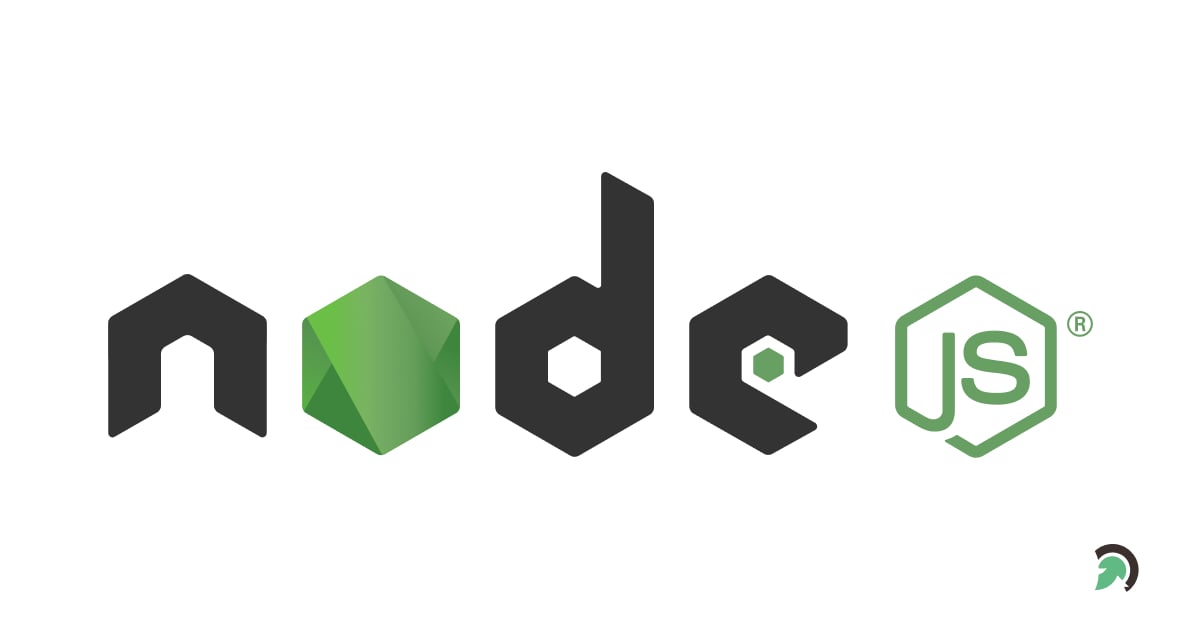
Node.js, a JavaScript runtime, allows you to build scalable and efficient network applications. The Node JS development services use an event-driven, non-blocking I/O model, making it suitable for real-time applications and microservices. Its package manager, npm, provides access to a vast ecosystem of open-source libraries and modules.
2. Ruby on Rails (ROR)
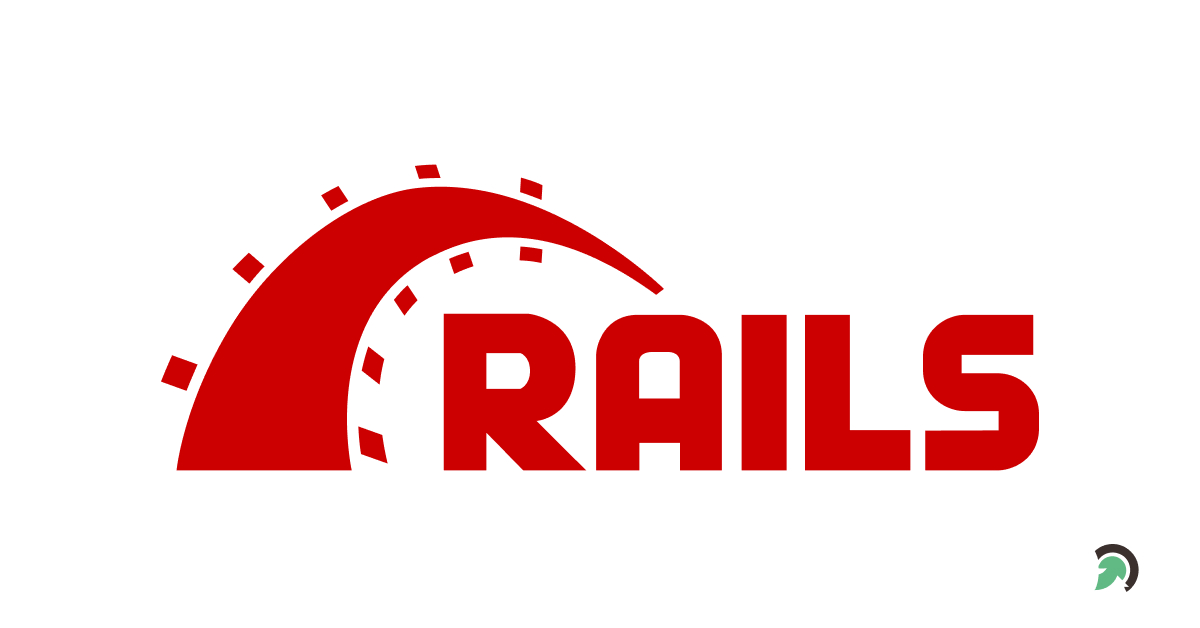
Ruby on Rails (ROR) is a web application framework written in Ruby. It emphasizes convention over configuration and follows the Model-View-Controller (MVC) architectural pattern.
Rails is known for its developer-friendly syntax and fast development capabilities, making it suitable for startups and projects with tight deadlines.
3. Laravel
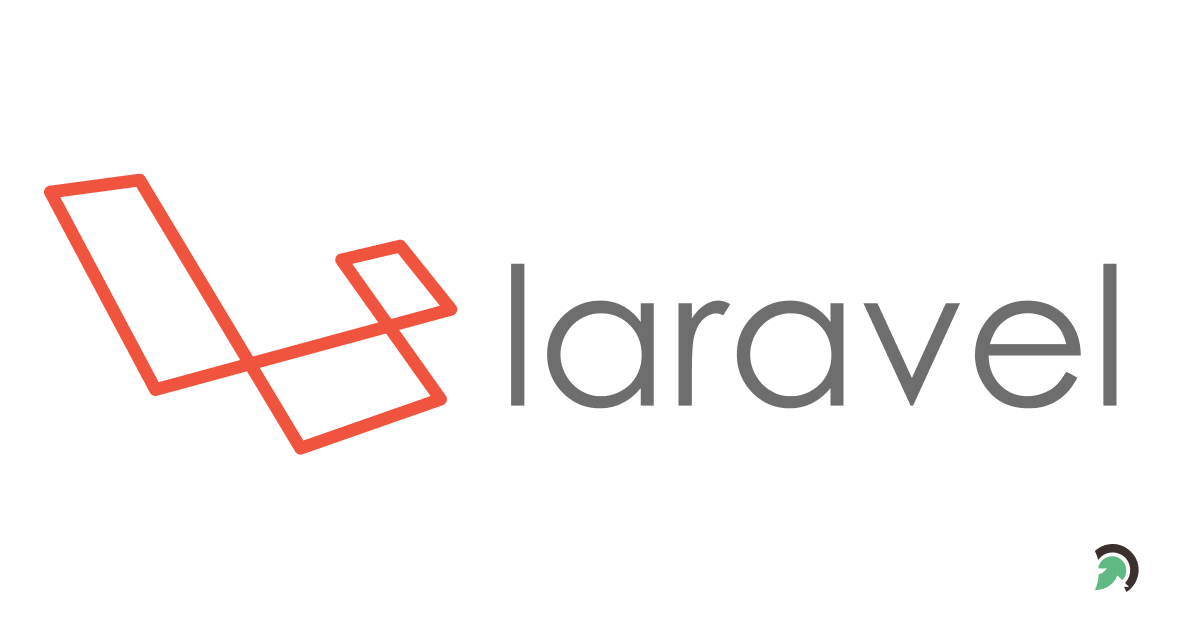
Laravel is a PHP framework designed for building elegant and modern web applications. It provides an expressive syntax with many features and follows the MVC pattern.
Laravel’s ecosystem includes tools for routing, authentication, caching, and more, making it a popular choice for PHP developers.
4. Spring
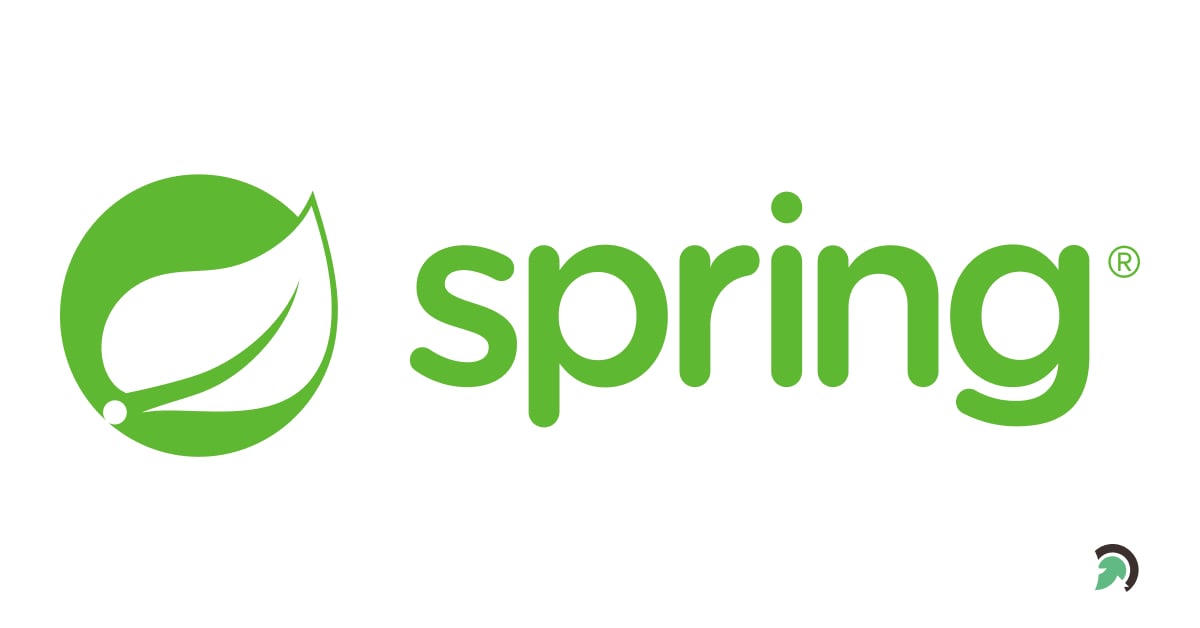
SpringBoot is a Java-based open-source framework based on the popular Spring framework. It was developed to simplify the building, deploying, and maintaining standalone and web development projects.
Since SpringBoot is based on the concept that convention should take place over configuration, developers may give more effort to designing business logic.
One advantage of SpringBoot is its simplicity in creating microservices. These are used to build complex systems made up of distinct autonomous services.
5. ASP.NET
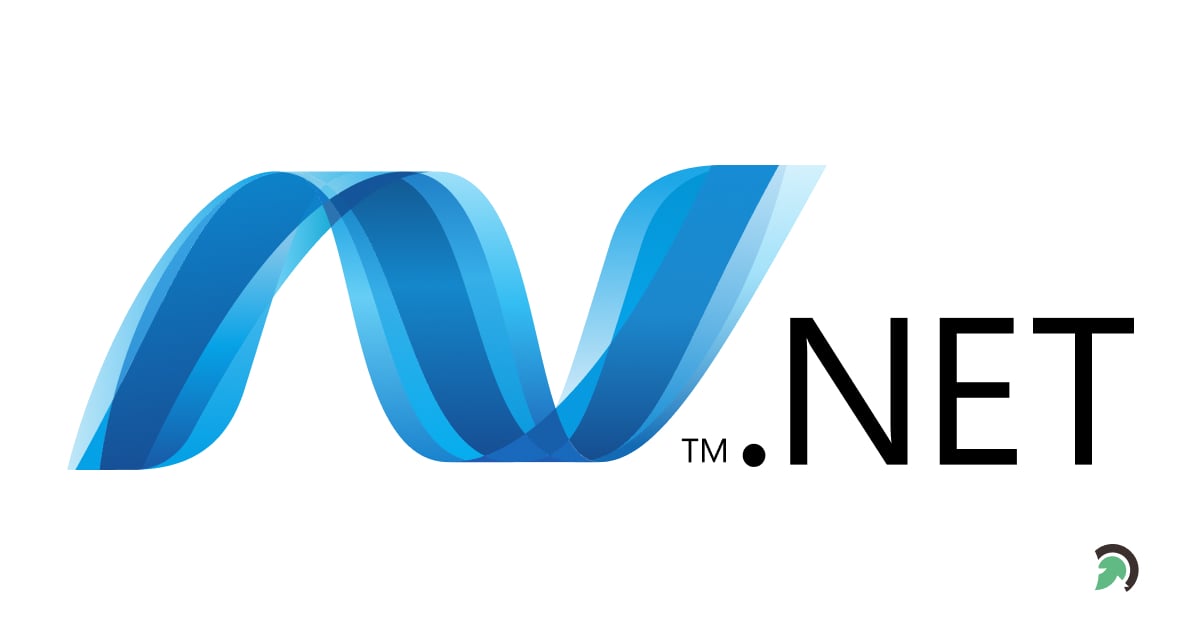
ASP.NET is a web application framework developed by Microsoft. ASP NET web developmentservices enable developers to build robust and dynamic web applications and APIs using languages like VB.NET and C#. ASP.NET provides various tools, libraries, and components to facilitate development and integration with other Microsoft technologies.
6. Express.js
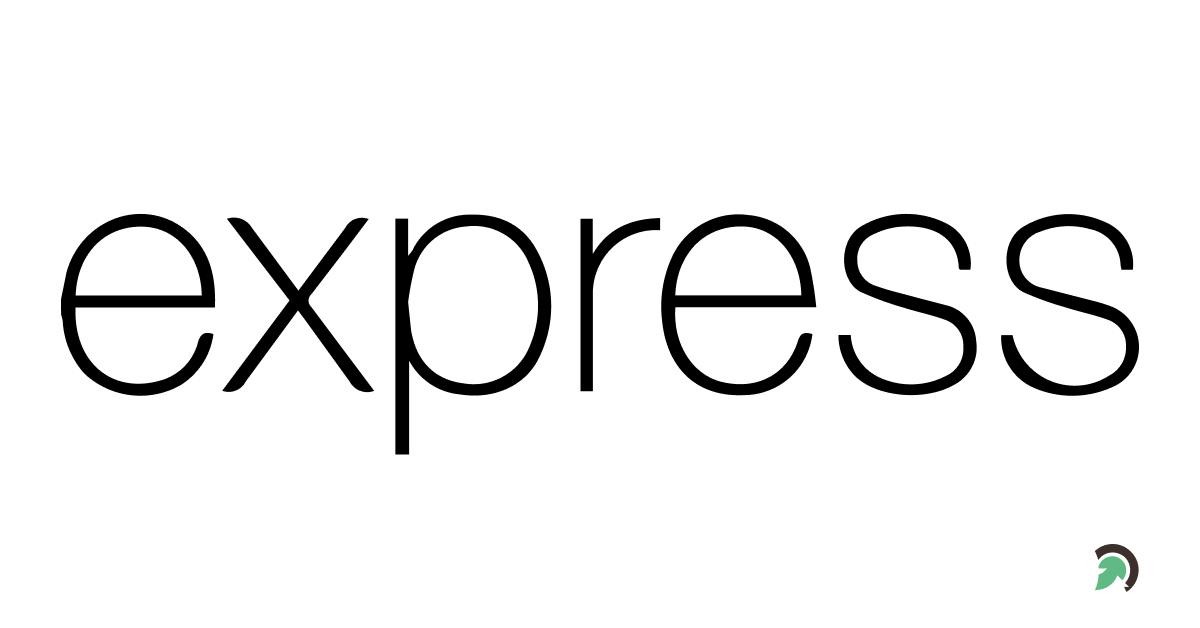
Based on Node.js, ExpressJS is a fast, small, and flexible web application framework. It gives web and mobile applications a unique set of functionalities.
ExpressJS makes it easier to design server-side web applications, enabling developers to create dynamic web pages and APIs easily. Routing, middleware integration, and handling HTTP requests are all now more accessible. Express is often used with other libraries to create different approaches because of its small size.
7. AngularJs
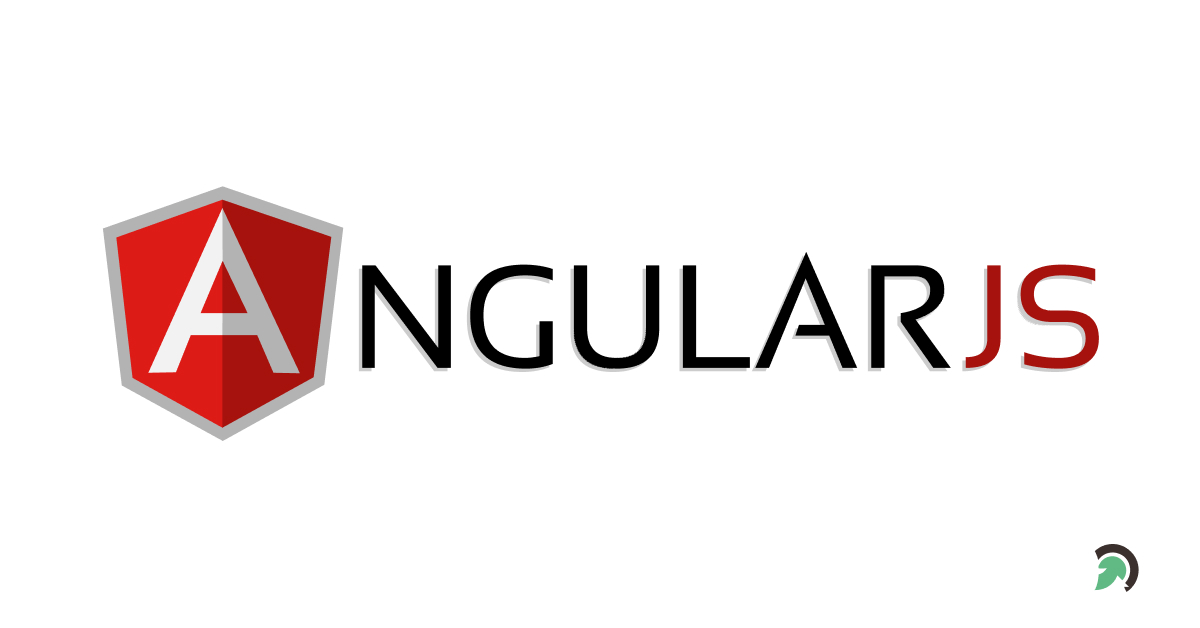
Developed by Google, it’s a front-end JavaScript framework. AngularJs development services allow developers to build dynamic and feature-rich single-page applications (SPAs) and provide data binding, routing, and component-based architecture tools. It can be used in building complex web applications with a structured approach.
8. Django
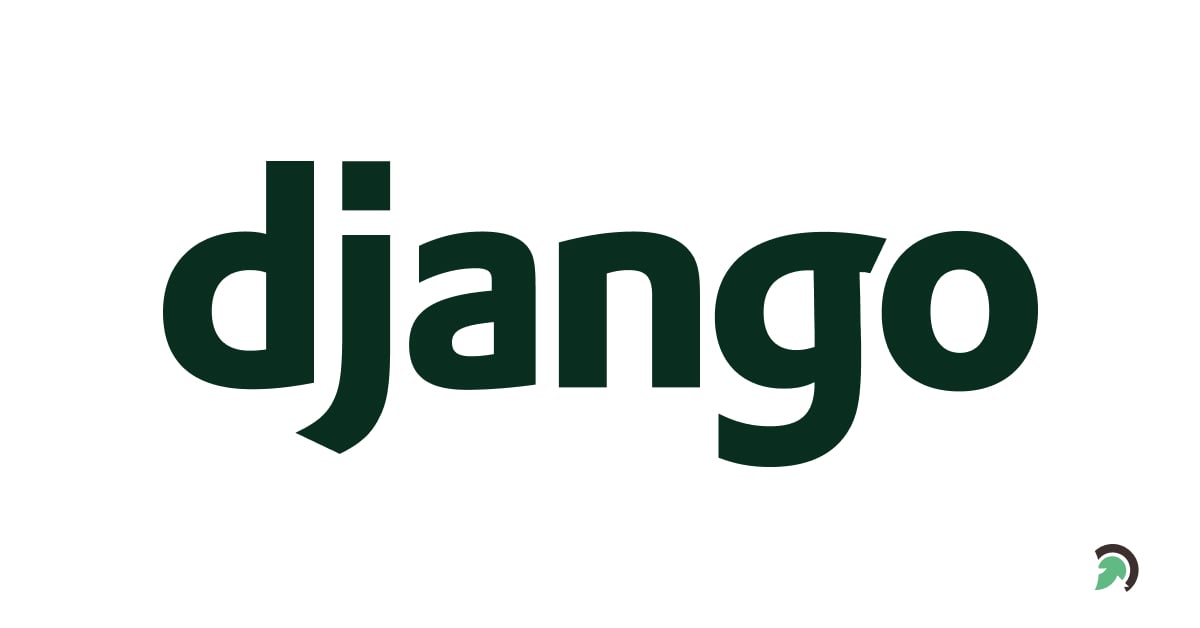
Django is a high-level Python framework. The model-view-controller (MVC) architectural model separates the application’s logic, presentation, and data into different components and is used in the open-source Python web framework Django.
It promotes fast development and logical, elegant design. Django contains an Object-Relational Mapping (ORM) framework, an admin interface, and many built-in capabilities for managing routine web development activities.
9. CakePHP
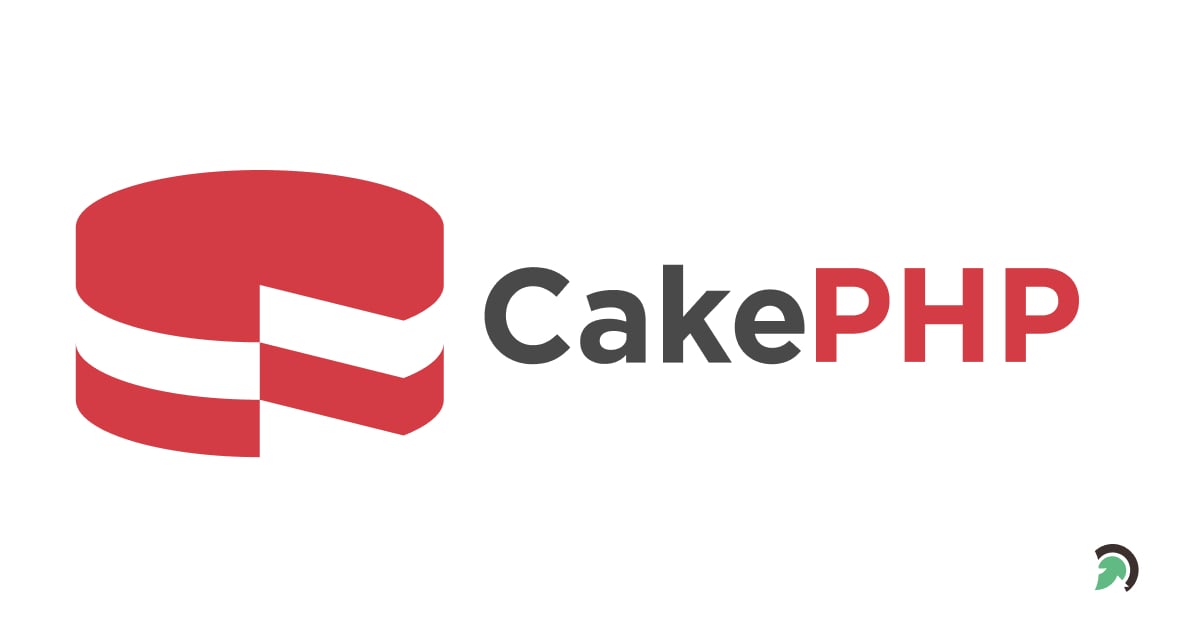
CakePHP is a PHP framework inspired by Ruby on Rails. It provides a simple and elegant syntax and a set of conventions that help developers create maintainable and organized code. CakePHP development services encompass many solutions as they support the MVC architecture and come with features like scaffolding, validation, and security components.
10. Flask
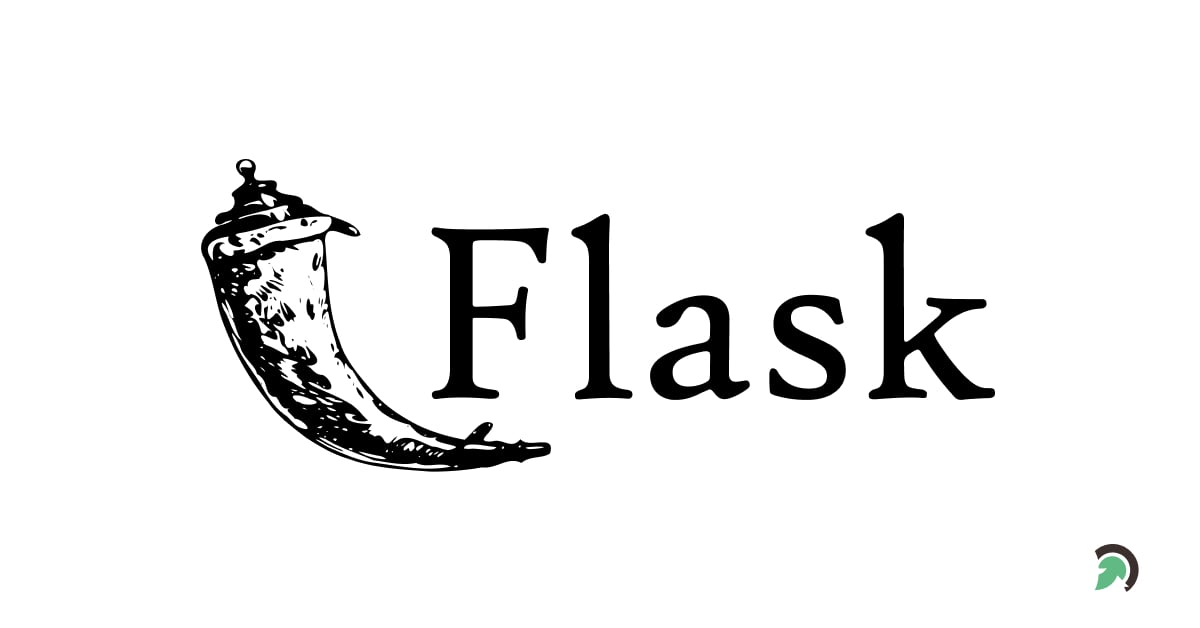
Flask is a lightweight Python framework intended to be accessible and adaptable. It’s commonly used to create small to medium-sized web apps and APIs.
Web developers can choose additional libraries and components as needed while still having access to Flask’s essential web development tools.
The feature set of Flask includes tools for testing, debugging, and profiling web applications, as well as URL routing, templating, and HTTP request handling. Flask also provides thorough documentation that makes it simple for developers to get started learning and developing practical web applications.
Conclusion
Since most of these frameworks have been developed using well-known programming languages, they offer remarkable functionality and capabilities for creating your backend web development project. Engaging IT consultants can help you navigate the complexities and choose the right framework based on the specific requirements of your project, which will determine the ideal server environment.
Since most of these frameworks have been developed using well-known programming languages, they offer remarkable functionality and capabilities for creating your backend web development project. Your choice of server framework depends on the particular requirements of your project, which will determine the ideal server environment.
We at EvinceDev, a leading custom software development company, have experience working with multiple frameworks. Our expert team of backend web developers will help you build a secure, responsive, robust, high-performance web portal, CMS, or application. Get in touch with us for expert guidance!
